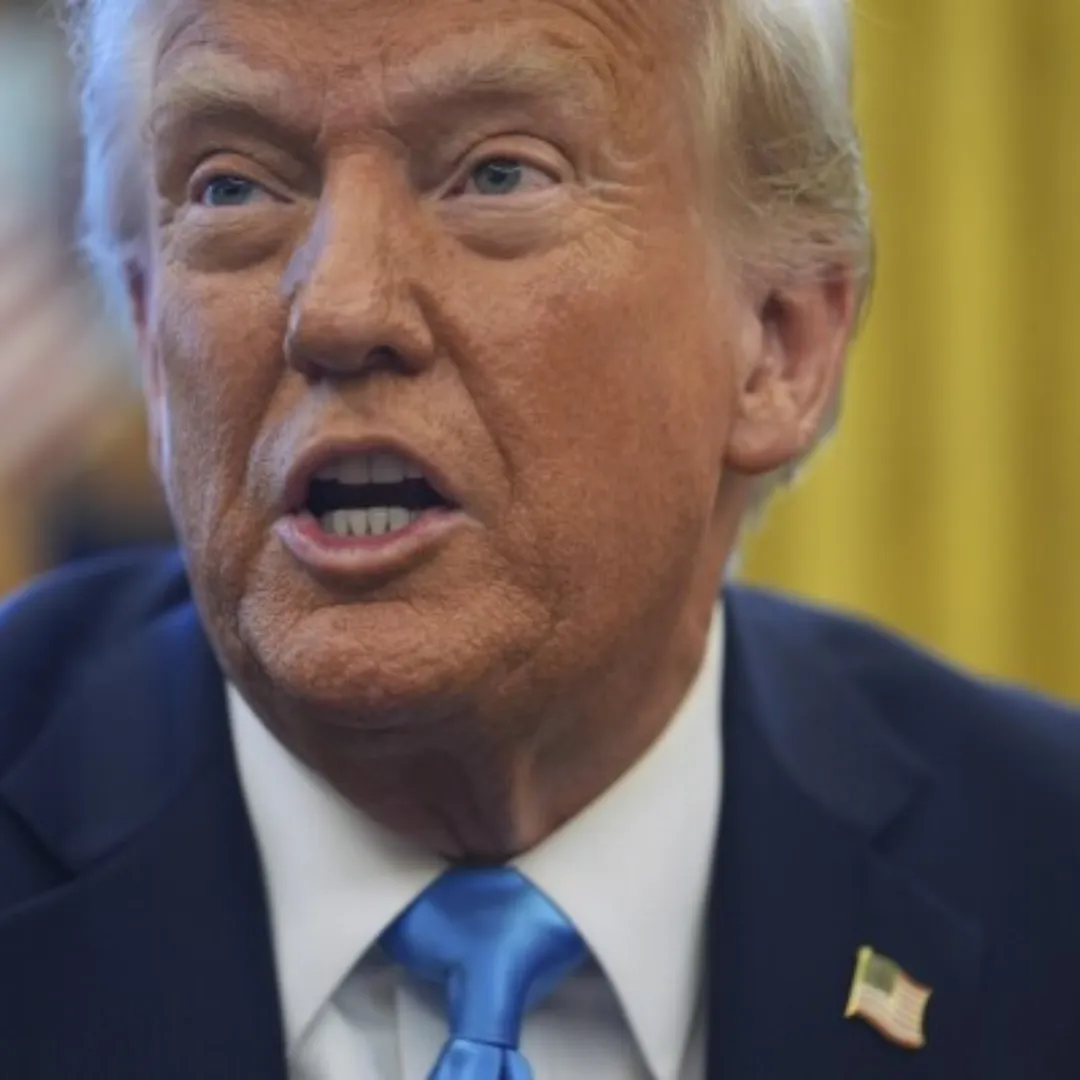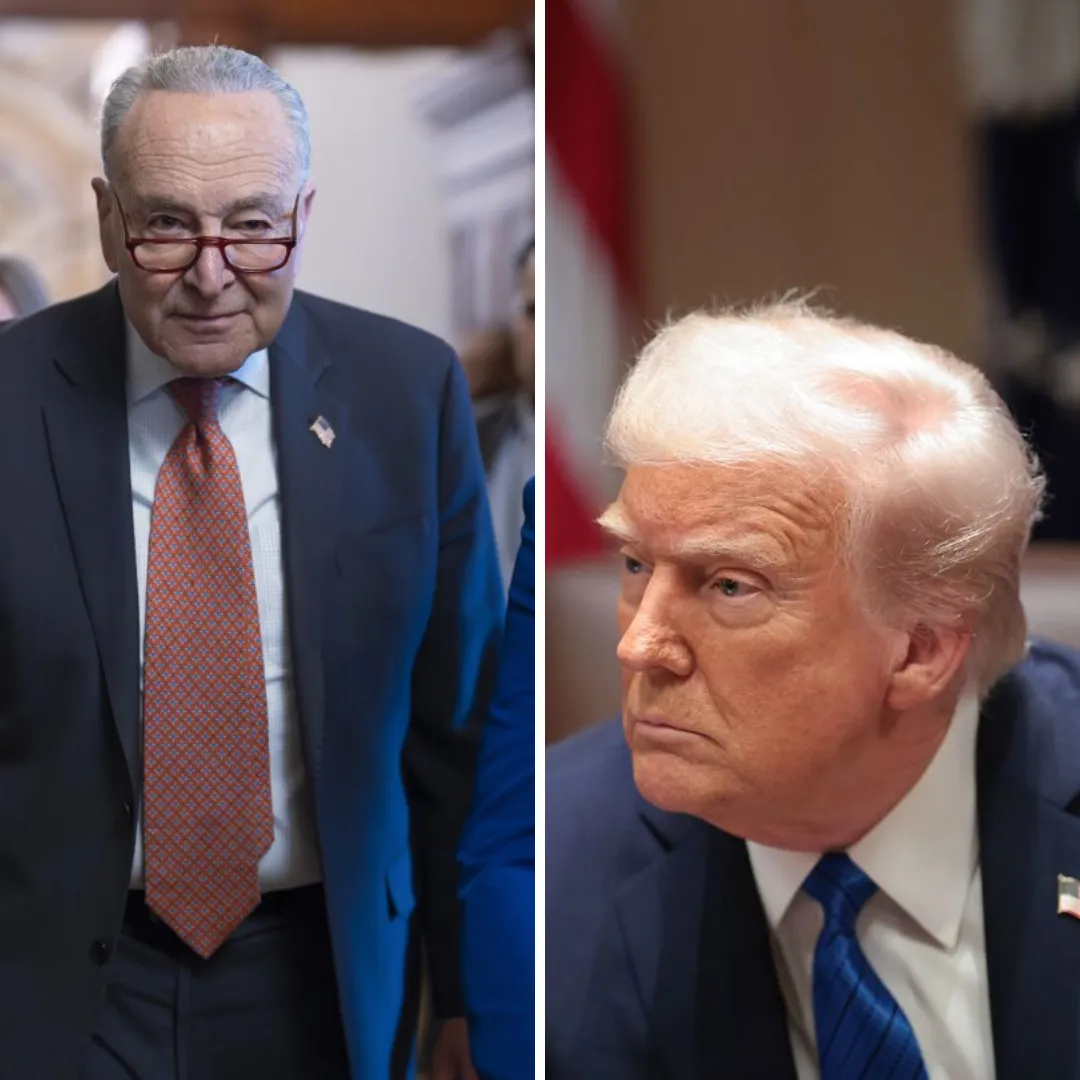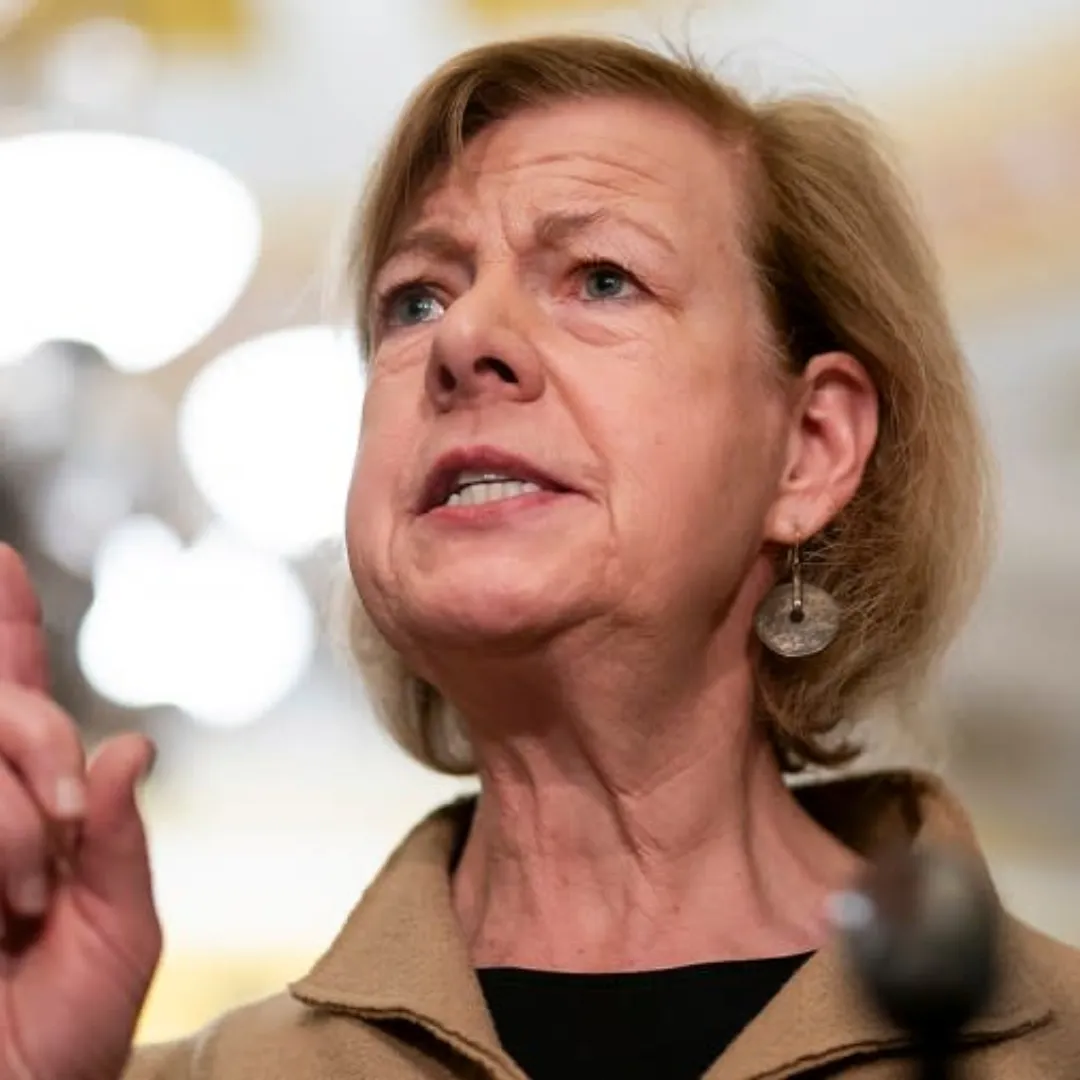
Elon Musk, the CEO of Tesla and founder of SpaceX, has reportedly expressed his desire to step down from his role within the government, citing increasing tension and what he perceives as unethical attacks from political opponents on the left. According to a report from The Washington Post, Musk's decision comes amidst growing speculation about his future in government, particularly as his influence within the current administration appears to diminish.
Musk, who has been serving in an advisory role as the head of the Department of Government Efficiency (DOGE), has faced increasing criticism for his approach to governmental efficiency, as well as his broader involvement in political matters. His special government employee status is set to expire at the end of next month, and it remains unclear whether he intends to stay on in some capacity or leave the role entirely.
Sources familiar with Musk’s thinking told The Post that he believes the work of DOGE will continue to thrive even after his departure. They noted that staffers have already established a strong presence across various federal agencies, and the operational groundwork has been laid to sustain the department’s initiatives.
However, as Musk's tenure in the administration becomes more tumultuous, questions about his continued involvement have gained momentum. Several reports have pointed to Musk's decreasing influence in Washington, with some officials openly expressing frustration over his methods.
The New York Times recently reported that Musk's influence within the administration was waning after Treasury Secretary Scott Bessent reportedly objected to Musk’s installation of his preferred candidate as the acting commissioner of the IRS. The move, which reportedly happened without Bessent’s support, only added fuel to the fire of growing tensions within the political and bureaucratic circles Musk operates in.
Adding to the growing controversy, Musk has found himself at odds with several cabinet members, especially over his approach to cost-cutting measures. Critics say that Musk has failed to communicate adequately with other agencies and departments, pushing forward his own agendas without seeking consensus or collaboration with key stakeholders in the government.
This has led to increasing friction within the administration and a deterioration in Musk's standing within the political sphere. Meanwhile, analysts are weighing in on Musk’s future.

Dan Ives, a prominent analyst from Wedbush Securities, has suggested that Musk should focus on his role as CEO of Tesla, especially given the challenges the company is currently facing. In a report issued to clients, Ives expressed concern over what he described as a "code red" moment for Tesla, arguing that the company is struggling with brand damage and a loss of consumer confidence, particularly in light of Musk's growing political entanglements.
Ives argued that Musk should step away from government affairs entirely and refocus his energy on Tesla. "Musk needs to leave the government, take a major step back on DOGE, and get back to being CEO of Tesla full-time," Ives wrote. "Tesla is Musk and Musk is Tesla, and anyone who thinks the brand damage Musk has inflicted is not a real thing needs to spend some time speaking to car buyers in the U.S., Europe, and Asia.
After those conversations, they’ll think differently." Ives further warned that Tesla might face permanent demand destruction, potentially losing up to 20 percent of its future customer base due to the political controversies surrounding Musk’s leadership.
The political fallout from Musk's government role extends beyond his relationships with the administration. The Washington Post report also uncovered details about internal friction within federal agencies under Musk's purview.
One of the most contentious issues has been his directive requiring federal employees to send weekly emails listing five things they accomplished in the previous week. According to sources, Musk warned that failure to comply with this request would be considered a resignation. This directive, which Musk issued in February, quickly became a point of contention.
However, just two days after Musk’s directive, the Office of Personnel Management (OPM) stepped in, issuing guidance to human resources officers that participation in the weekly email initiative was voluntary. The OPM further clarified that failure to submit the emails would not be viewed as a resignation, and that the agency had no intention of using the information submitted for any purpose.
Despite this intervention, some federal agencies have continued to follow Musk’s mandate, while others have stopped requiring the emails altogether. In some cases, agencies have even stopped tracking compliance or checking whether the emails are being submitted as per the original request.
Some employees have reported that the emails have become something of a joke, with many of them simply sending the same message each week or using the opportunity to mock the initiative.
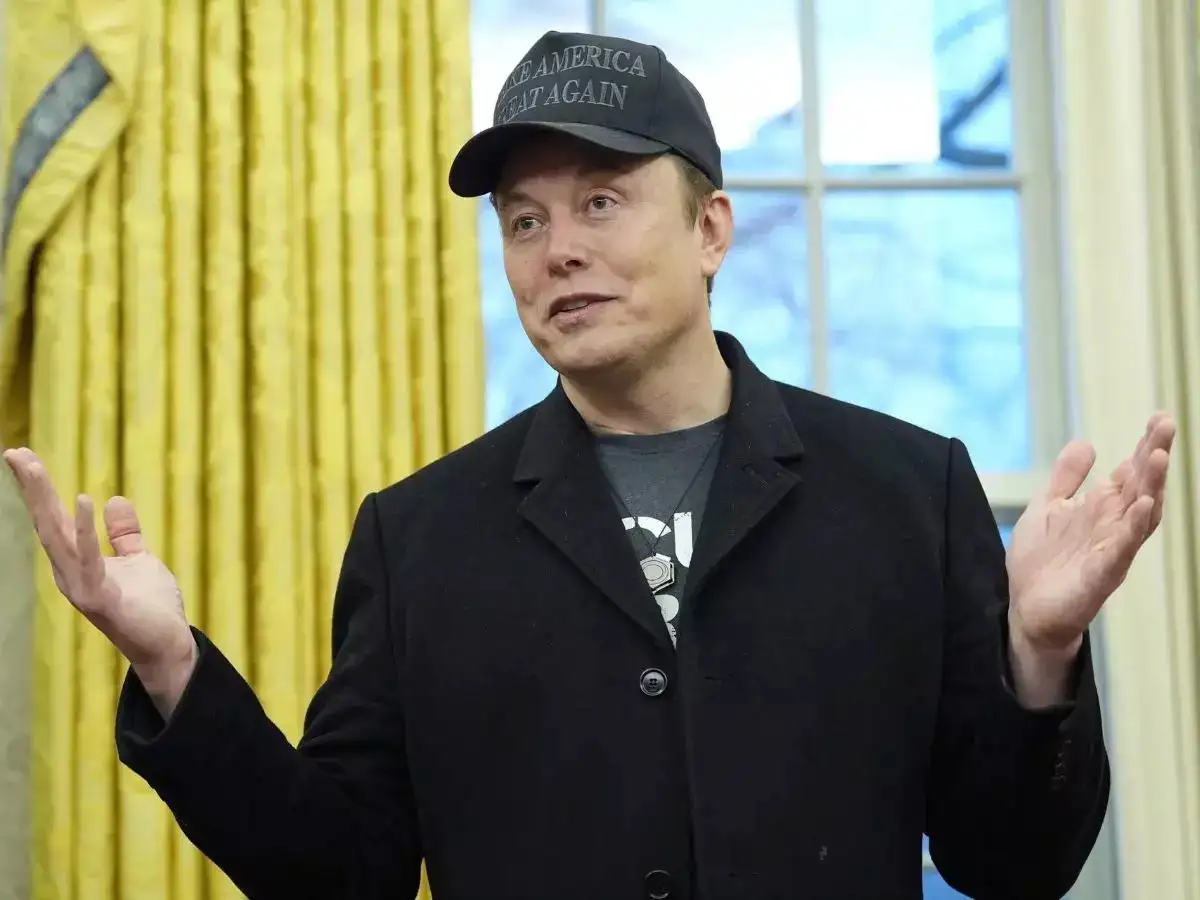
While the fallout from this episode might seem trivial on the surface, it underscores the deepening disconnect between Musk’s approach to government efficiency and the realities of working within the intricate structures of federal agencies. Critics have argued that Musk’s push for efficiency often comes at the expense of collaboration and respect for the established processes that govern government operations.
Musk, who is known for his ambitious and sometimes controversial approach to business, has faced similar criticism throughout his career, particularly as he has attempted to push boundaries in the automotive and aerospace industries.
This growing tension within the federal government is not happening in isolation. Musk’s involvement in political issues has been the subject of increasing scrutiny.
His high-profile support of certain political figures and policies has led to public disagreements and protests, particularly from liberal circles. Many on the left have been critical of Musk’s political donations and outspoken support for controversial figures, and some have even suggested that his role in government has exacerbated political divisions.
Musk’s involvement in the cryptocurrency space, particularly his vocal support for the cryptocurrency Dogecoin (DOGE), has also drawn sharp criticism. Some analysts argue that his promotion of Dogecoin, a digital currency with a largely speculative nature, has damaged his reputation and that of Tesla.
While Musk has said that his interest in DOGE is partly driven by a desire to support technological innovation, many have questioned the ethics and motivations behind his promotion of the cryptocurrency. Ives, in particular, has argued that Tesla's association with Musk’s cryptocurrency ventures has created confusion among consumers and investors, leading to concerns about the company’s long-term stability.
Despite the criticisms, Musk remains one of the most influential figures in both business and technology. His companies, Tesla and SpaceX, continue to push the envelope in electric vehicles, space exploration, and renewable energy. However, the growing political controversies surrounding his leadership have raised questions about whether Musk’s personal brand can continue to thrive without causing significant damage to the companies he leads.
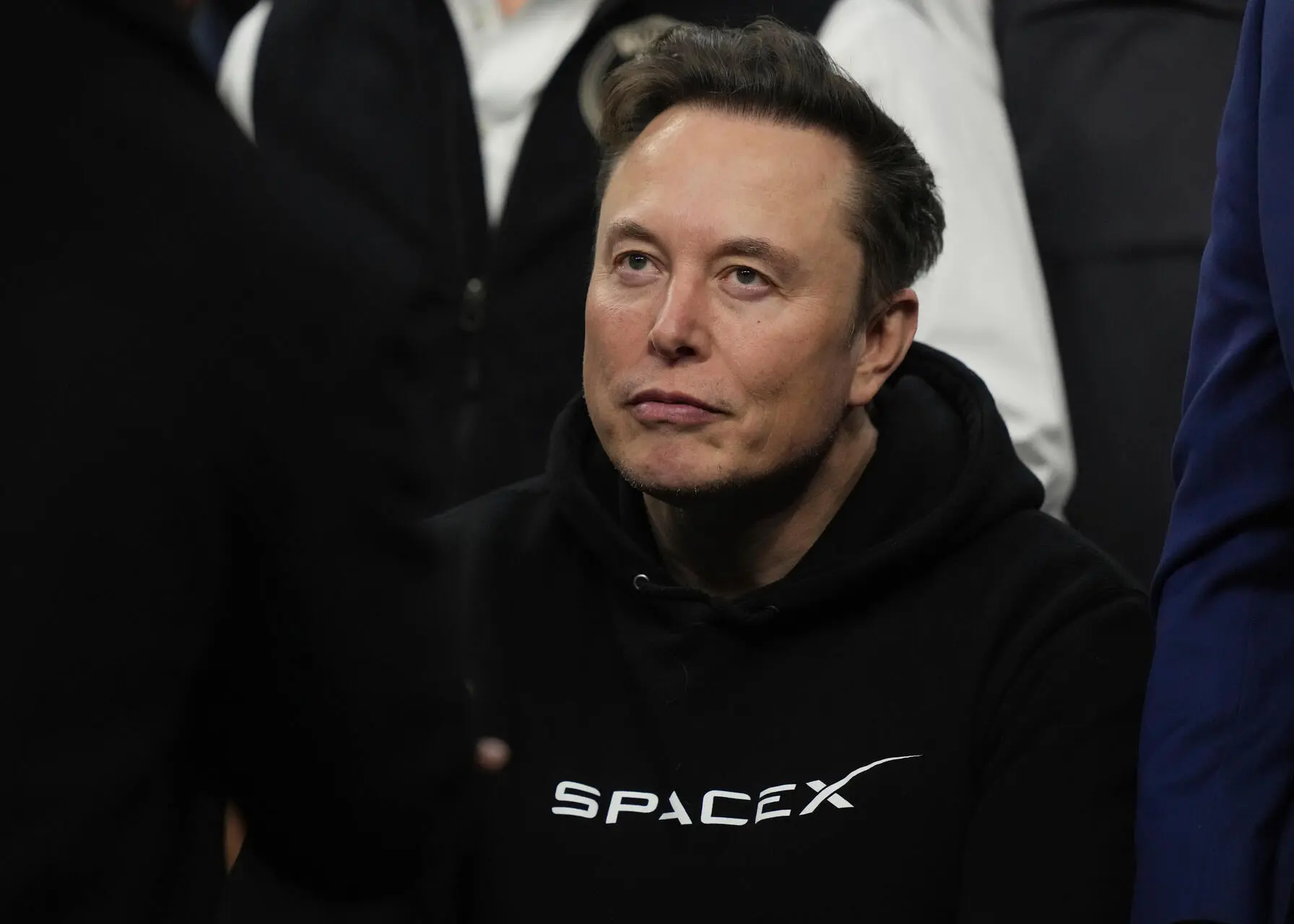
As the situation evolves, it remains unclear whether Musk will ultimately decide to leave his government position or if he will find a way to navigate the growing political backlash. What is certain, however, is that his influence in both the business and political realms is now under intense scrutiny.
For Musk, the next steps in his career may involve finding a balance between his business ambitions and his public persona, all while grappling with the challenges of navigating the complicated terrain of modern politics.
For now, though, the future of Elon Musk’s government involvement remains uncertain. As his term at DOGE nears its end, the questions surrounding his departure are unlikely to go away anytime soon.
Whether Musk chooses to retreat from the political spotlight or continue to engage with government affairs will be one of the key issues to watch in the coming months. As with many aspects of Musk’s career, his next move may be anything but predictable.
